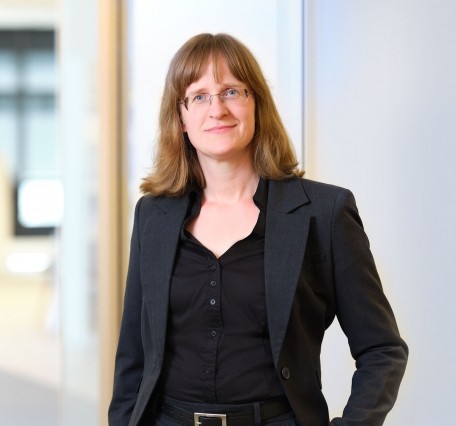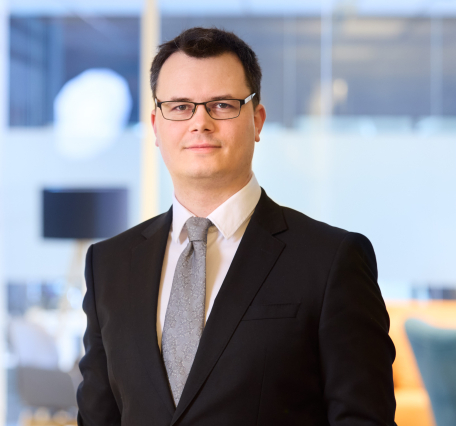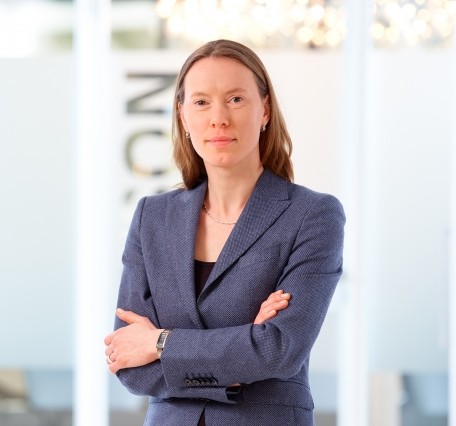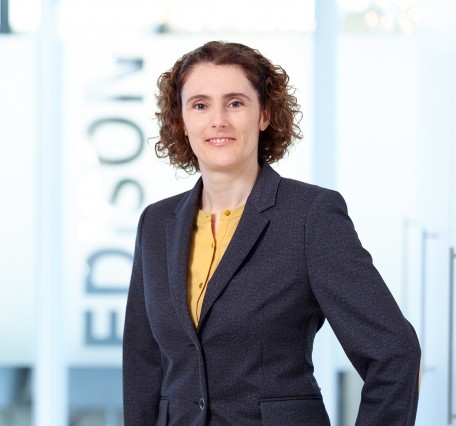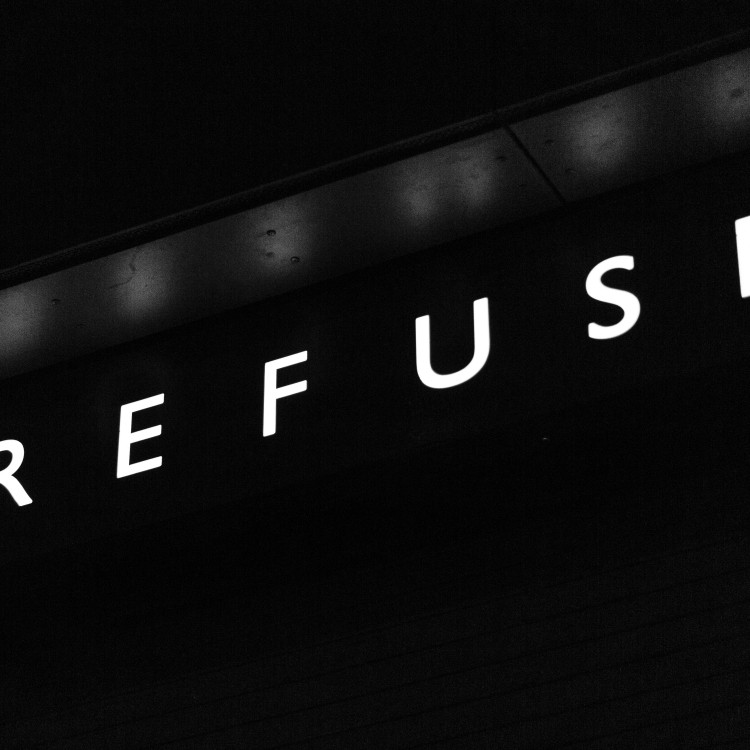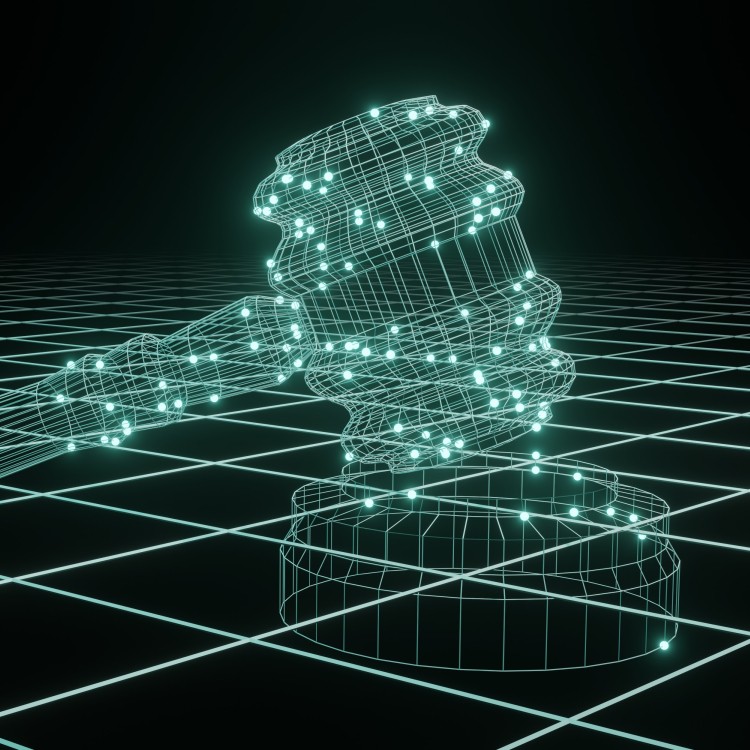

No additional search fee required if the search for the first invention covers also the second invention
Background of the Appeal
The application was filed as an international application, wherein the EPO acted as the international search authority (ISA). During the international search, the examiner found that the claims did not meet the requirements of unity of invention, but instead contained two inventions. An invitation to pay an additional search fee was therefore issued, according to Art. 17(3)(a) PCT. The Applicant (A) did not pay the additional search fee in the international phase of the application.
The examiner of the ISA found that the common matter of both inventions was not novel over the general knowledge in the field, and was disclosed in several documents cited in the partial international search report (ISR) sent with the invitation to pay the additional search fee.
The application was directed to an apparatus for minimally invasively delivering a medical device to a target site within a patient. The examiner considered apparatus claims 1-4 and 6-9 to define a first invention and apparatus claims 5, 10-11 to define a second invention. The first invention was considered to address the objective technical problem of "providing an apparatus for delivering a medical device which minimize the risk of damaging the walls of the body lumen during retrieval or repositioning". This problem was solved by the configuration of the sheath portion extending away from the walls of the body lumen as defined in claims 1 to 4 and 6 to 9. The second invention was considered to address the objective technical problem of "providing an apparatus for delivering a medical device better retaining the medical device on the tube". This problem was solved by the hub defined in claims 5 and 10 to 11.
The application entered into the regional phase before the EPO. The Examining Division (ED) agreed with the finding of lack of unity in the IPRP, and therefore sent a communication under Rule 164(2)(a) EPC, inviting the applicant to pay an additional search fee for the second invention.
A paid an additional search fee for the second invention and an additional search for the second invention was carried out.
During the subsequent examination proceedings, the applicant repeatedly requested a refund of the second search fee under Rule 164(5) EPC. The applicant argued that even if the claims as filed did not meet the requirements of unity of invention, the subject matter of dependent claims 2 and 3, which according to the search examiner belonged to the first invention, comprised the hub which was the special technical feature of the second invention. The search for the first invention would therefore have covered the second invention, such that the invitation to pay an additional search fee was not justified. Therefore, applicant argued, the additional search fee should be refunded.
At the end of the examination proceedings, the ED issued a decision not to refund the search fee for the second invention.
The Appeal
A filed an appeal against the interlocutory decision of the Examining Division to refuse the request for refund of the second search fee. A requested that the decision under appeal be set aside and the additional search fee be refunded. In addition, A requested reimbursement of the appeal fee because of a substantial procedural violation allegedly committed by the ED.
A pointed to the fact that dependent claims 2 and 3, which were part of the "first invention", defined that the first tube of the apparatus comprises a hub. Meanwhile, the hub had been defined as the special technical feature of the "second invention" in claims 5 and 10 to 11. A argued that consequently, the search for the first invention had completely covered the second invention. The request for an additional search fee was therefore not justified, irrespective of whether the searched claims lacked unity or not. The ED should therefore have refunded the additional search fee.
Refund of second search fee
The Board referred to the partial ISR sent together with the invitation to pay an additional search fee, which cited prior art not only relevant to claim 1 but also relevant to both claims 2 and 3.
The Board found that the hub of dependent claims 2 and 3 of the “first invention” had the same function and addressed the same technical problem as the hub of claim 5, i.e., the “second” invention. The Board referred to Art. 15(3) PCT, which prescribes that the "international search shall be made on the basis of the claims, with due regard to the description and the drawings (if any)". The Board stated that the present application had a first embodiment related to the first invention and a second embodiment to the second invention, the two embodiments being closely linked to each other and having only slight differences in the geometry of components of the apparatus and in relation to the hub. The Board also noted that in the invitation to pay additional fees, the examiner of the ISA did not identify any particular functions or effects which related to the differences of the geometry. Therefore, while searching prior art for the first invention, the search examiner would already have had to search for a hub according to the second invention.
The Board concluded that in the particular circumstances of the case, it is irrelevant whether the ED correctly considered that there was a lack of unity. This is so since the ED may only ask for the payment of an additional search fee if it considers that in the application documents which are to serve as the basis for examination an invention, or a group of inventions within the meaning of Art. 82 EPC, is claimed which was not searched by the EPO in its capacity as ISA (Rule 164(2) EPC, emphasis added). The Board however concluded that the second invention had in fact been covered by the search for the first invention during the international phase. The communication under Rule 164(2)(a) EPC, and the request for an additional search fee, was therefore not justified and the additional search fee should have been refunded by the ED under Rule 164(5) EPC.
Reimbursement of the appeal fee
The Board further noted that according to Art. 113(1) EPC, the applicant not only has the right to present its arguments, but to also have these considered and commented on. However, in its decision, the ED essentially repeated the reasons for lack of unity provided by the examiner of the ISA, without commenting on or dealing with the argument repeatedly set forth by the applicant, that the search for the first invention already covered the second invention and that an additional search fee therefore was not justified. According to the Board, disregarding this argument of the applicant, which was clearly central to their case, is a violation of the applicant's right to be heard under Art. 113(1) EPC and constitutes a substantial procedural violation. Therefore, the appeal fee under Rule 103(1)(a) EPC should be reimbursed.
Decision of the Board (of Appeal)
The Board decided that the decision under appeal is set aside. The Board decided that the additional search fee is to be refunded and that the appeal fee is to be reimbursed.

